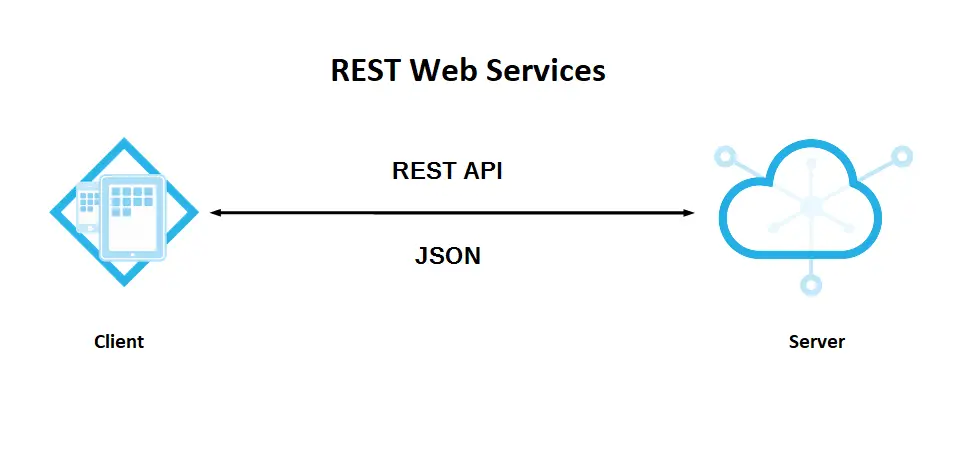How to Call a constructor from another constructor in C#
By Tan Lee Published on Mar 07, 2025 331
public Car(string model) : this(model, "Unknown")
{
// Constructor logic here
}In this example, when the Car(string model) constructor is called, it will first invoke the Car(string model, string color) constructor.
If the constructor is part of a base class, you would use base() instead of this():
public Manager(string name) : base(name)
{
// Constructor logic here
}Here, Manager inherits from Employee. Calling base(name) ensures that the Employee(string name) constructor is called first when you create an instance of Manager.
Constructor Call Sequence
When using constructor chaining, the chained constructor is always called before any code in the calling constructor. This is crucial to remember so you don't unintentionally overwrite values set by the previous constructor.
Here’s an example to illustrate the constructor call sequence:
public Car(string model, string color)
{
Model = model;
Color = color;
}
public Car(string model) : this(model, "Unknown")
{
Console.WriteLine($"Model: {Model}, Color: {Color}");
}When you call the chained constructor like this:
var car = new Car("Toyota");It will output:
Model: Toyota, Color: Unknown
This shows that the constructor with two parameters was called first, ensuring that the properties are properly set before printing the values.
Use Default Parameters Instead of Multiple Constructors
To handle optional parameters without creating multiple constructors, you can use default parameters. This can simplify the code and remove the need for constructor chaining.
For example, suppose you have a Book class with an optional rating parameter:
public class Book
{
public readonly string Title;
public readonly decimal? Rating;
public Book(string title, decimal rating)
{
Title = title;
Rating = rating;
}
public Book(string title)
{
Title = title;
}
}This can be simplified using default parameters:
public class Book
{
public readonly string Title;
public readonly decimal? Rating;
public Book(string title, decimal? rating = null)
{
Title = title;
Rating = rating;
}
}Now, you only need a single constructor, making the code cleaner.
Use Static Methods to Operate on Parameters
In some cases, you may need to perform operations on constructor parameters before passing them to another constructor. You can use a static method for this, as instance methods can't be used in constructor chaining.
For example, suppose you have constructors that accept a DateTime or a string for the birthdate:
public Person(string name, string birthDate)
{
Name = name;
BirthDate = DateTime.Parse(birthDate);
}
public Person(string name, DateTime birthDate)
{
Name = name;
BirthDate = birthDate;
}You can eliminate redundancy by chaining the constructors and using a static method for parsing:
public Person(string name, string birthDate) : this(name, DateTime.Parse(birthDate))
{
}
public Person(string name, DateTime birthDate)
{
Name = name;
BirthDate = birthDate;
}If you want more control over the date parsing, you can create your own static method:
public Person(string name, string birthDate) : this(name, GetDateOrDefault(birthDate))
{
}
private static DateTime? GetDateOrDefault(string dateTime)
{
if (DateTime.TryParse(dateTime, out DateTime parsedDateTime))
return parsedDateTime;
return null;
}
public Person(string name, DateTime? birthDate)
{
Name = name;
BirthDate = birthDate;
}Here, the GetDateOrDefault() static method is used to attempt parsing the string. If it fails, it returns null.
If you prefer not to use constructor chaining, you can refactor common logic into a helper method and call it from all constructors.
public Product(string name, decimal price)
{
Price = price;
Initialize(name);
}
public Product(string name)
{
Initialize(name);
}
private void Initialize(string name)
{
Name = name;
}This approach avoids chaining constructors but ensures that the initialization logic is reusable.
Readonly and Init-only Properties
Readonly and init-only properties present a challenge when using helper methods since they can’t be directly set in a non-constructor method. A simple solution is to leave these properties set within the constructor.
For example, with a readonly property:
public readonly string Name;
public Product(string name)
{
Initialize(ref Name, name);
}
private void Initialize(ref string nameRef, string name)
{
nameRef = name;
}However, this won't work with init-only properties, which must be set within the constructor. Therefore, the best practice is to keep the setting of such properties in the constructor where they are initialized.





